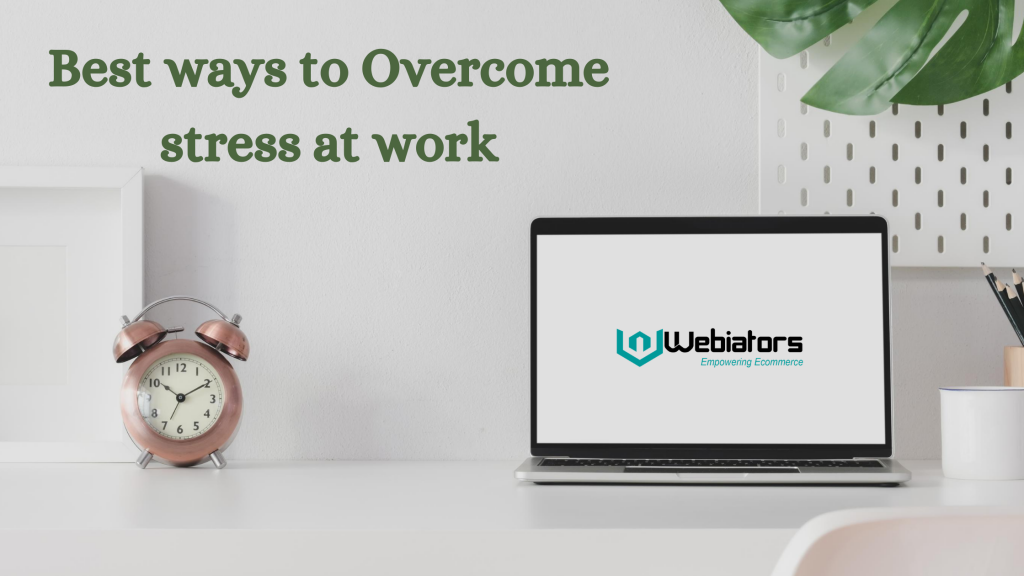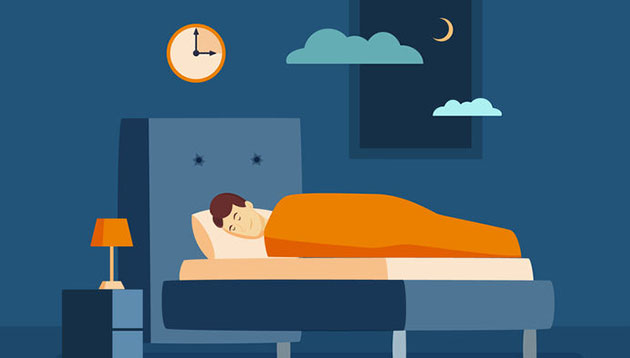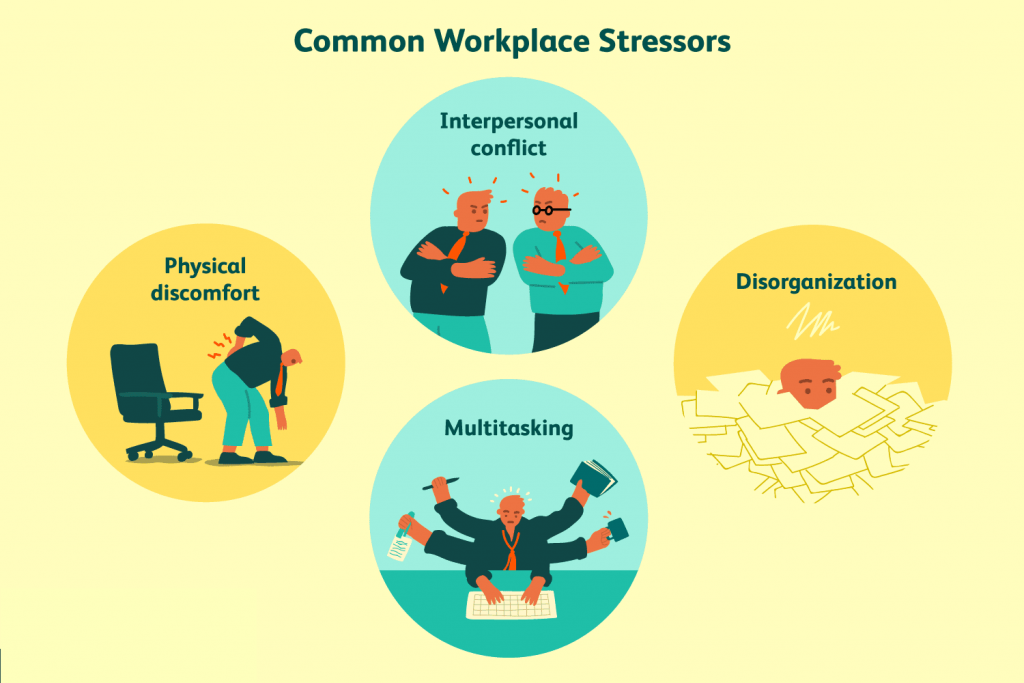
If you’re currently working, you most likely know what it sounds like to be stressed on the work. A must-do project arrives without notice. Three emails pile up for every one you delete. Phones ring, meetings are scheduled, a coworker drops the ball on a shared assignment.
Work stress has significant health consequences that range from relatively benign to potentially serious .
While stress at work is common, finding a low-stress job is tough (if not impossible). A more realistic approach is to adopt effective coping strategies to cut back stress at your current job. Here are some stress management techniques you’ll be able to try if you’re finding it hard to address work stress.
Start Exercising (or Exercise More)
Exercise’s ability to elevate mood is well documented. Numerous studies going back to the first 80’s found that regular exercise can improve mood for people with moderate depression.

Exercise also helps get your mind off your stressful thoughts. By training yourself to be within the moment and specialise in your body’s movements (rather than mulling over your worries), exercise is often a variety of active meditation and has a relaxing effect on the body and mind.
1. Launch a wellness challenge.
2. Switch to an active Desk.
3. Take walking meetings.
Schedule Your Day For Energy And Focus
Most people bear the day employing a “push, push, push” approach, thinking if we work the complete eight to 10 hours, we’ll get more done. Instead, productivity goes down, stress levels go up and you have got little or no energy left over for your family. scheduling breaks throughout the day to steer, stretch at your desk or do a breathing exercise.
Get Enough Sleep
Stress has long been linked to chronic insomnia. But while conventional wisdom treats the shortcoming to sleep as an indication of stress, researchers at Harvard graduate school found that poor sleep may very well be a contributing factor.

That’s because an absence of sleep inhibits your ability to address even normal amounts of stress, and negatively affects your mood and outlook. The purpose is, you can’t hope to cut back stress when you’re jittery and irritable from lack of sleep. Here are some tips to induce your sleep schedule back on track:
- Shoot for eight hours an evening
- Stick to a schedule.
- Avoid sleeping in on weekends.
- Turn off screens 1 hour before you would like to travel to bed.
- Take cat naps.
Cool Down Quickly
When you’re feeling frustrated or angry, it is a heated feeling in your body that may cause you to react. rather than immediately reacting—and likely overreactions try a “cooling breath” technique: respire through your mouth as if you’re sipping through a straw, and so take a breath normally through your nose. Done right, you’ll feel a cooling, drying sensation over the highest of your tongue. It’s like hitting the “pause” button, providing you with time to consider your response. It’s so powerful it’ll even calm the opposite person down.
Identify Self-Imposed Stress
Learn to prevent self imposing stress by building your own self-confidence instead of seeking others approval. If you’re too trapped in others’ perceptions of you, which you cannot control, you become stressed by the minutia or participate in avoidance behaviors like procrastination. Ironically, once you shift your focus from others’ perception of your work to the work itself, you’re more likely to impress them.
How are you able to deal with work stress?

All folks can benefit by learning skills to manage fear and anxiety on the duty. Several skills taught in cognitive behavioral therapy may help, including these:
Relaxation strategies : Relaxation helps counter the physiological effects of the fight-or-flight response. As an example, progressive muscle relaxation helps reduce muscle tension related to anxiety. To practice this skill, sit comfortably together with your eyes closed. performing from your legs upward, systematically tense and relax each major muscle group. Hold the strain for 10 seconds; release tension for 20 seconds. anytime you release muscle tension, think “relax” to yourself. This skill and plenty of other relaxation strategies can help reduce symptoms of tension.
Problem-solving : Problem-solving is a full of life coping strategy that involves teaching people to require specific steps when approaching a roadblock or challenge. These steps include defining the matter, brainstorming potential solutions, ranking the solutions, developing an action plan, and testing the chosen solution.
Mindfulness : Mindfulness is the ability to concentrate to this moment with curiosity, openness, and acceptance. Stress is often exacerbated after we spend time ruminating about the past, worrying about the long run, or engaging in self-criticism. Mindfulness helps to coach the brain to interrupt these harmful habits. you’ll be able to cultivate mindfulness skills through formal practice (like guided meditation) and informal exercises (like mindful walking), or try mindfulness apps or classes. Mindfulness-based therapies are effective for reducing symptoms of depression and anxiety.
Reappraising negative thoughts : Chronic stress and worry can lead people to develop a mental filter within which they automatically interpret situations through a negative lens. someone might jump to negative conclusions with little or no evidence (“my boss thinks I’m incompetent”) and doubt their ability to deal with stressors (“I’ll be devastated if I don’t get the promotion”). To reappraise negative thoughts, treat them as hypotheses rather than facts and consider other possibilities. Regularly practicing this skill can help people reduce negative emotions in response to stressors.
However you choose to recognize, your employees will appreciate that you are aware off their success and want to share it with others. This makes them happier and more comfortable, in turn lowering stress levels.

